
Is this the most natural solution? As the temperature falls outside, animals will look out in the dark for a cooler place to hide. There isn’t any place on Earth where mice can’t be found. Everywhere we live there will be mice coming in or leaving or living in the house.” According to Wilkes the most prevalent rodent that could come into your property are house mice and Norway rats.
Did you know you could use Peppermint tea bags to get rid of mice?
The strong scent of peppermint is offensive to mice, so they’ll typically stay away from areas where it’s present. To effectively repel mice, simply place peppermint tea bags in strategic locations throughout your home or office. Mice typically like to nest in dark, secluded areas, so be sure to place the tea bags in places like attics, basements, and closets. You can also place them under sinks and inside cabinets.
For best results, use fresh brewed peppermint tea bags. Using an old tea bag won’t be as effective at deterring mice. Once you’ve placed the tea bags in all the areas where you think mice might be nesting, check them every few days to make sure they’re still fresh. You may need to replace them every week or so. This applies to both urban and rural areas.
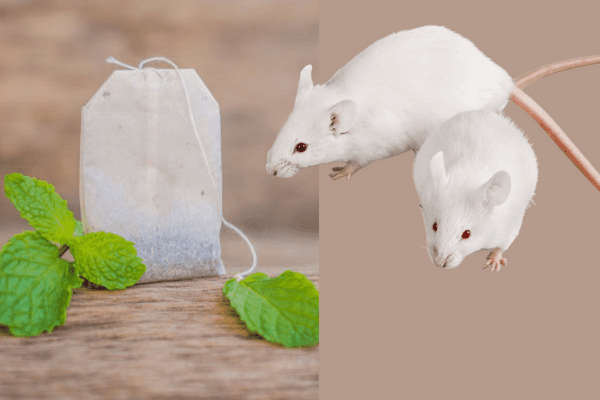
Peppermint is a natural rodent repellent
Peppermint oil is a natural deterrent for rodents because they cannot stand the smell. In fact, just a few drops of peppermint oil is enough to keep mice and rats away. Peppermint oil is also non-toxic, so you don’t have to worry about harmful chemicals around your family and pets.

How can I prevent a rodent invasion with peppermint oil?
The best methods for using oils to repel these unwanted visitors include spraying cotton balls and spraying them with water. You can apply diluted peppermint oil to any opening at entrances. If you want to cover a bigger area, simply spray it with diluted oil and spray it on a small area. This is the best option for people with no clues as far as the origins of the sprites.
1) Start by mixing 10 drops of peppermint oil with 1/4 cup of water in a small bowl.
2) Next, soak the cotton balls in the mixture.
3) Once they’re soaked, place the cotton balls around your home in areas where you think rodents may be getting in or where you’ve seen them before.
4) Check and replenish the cotton balls every few days, or as needed.
5) You can also add a few drops of peppermint oil to your vacuum bag to help freshen your home as you clean.
Trust me, peppermint oil works.

Why is Baking soda so poisonous to mice?
The key ingredient in baking soda that makes it so lethal to mice is sodium bicarbonate. When ingested, this substance reacts with the hydrochloric acid in the mouse’s stomach, causing a buildup of carbon dioxide gas. This gas buildup eventually leads to death by asphyxiation.

How to Use Baking Soda to Get Rid of Mice
Now that you know how baking soda works to kill mice, you might be wondering how you can put it to use in your own home. There are a few different ways that you can use baking soda to get rid of mice, but one of the most effective is to mix it with equal parts sugar and flour. The sugar will attract the mice while the baking soda does its work. Just be sure to baited traps away from areas where children or pets could come into contact with them.

What do mice hate the most?
Unlike humans, they are extremely sensitive to smells. You could use it as a repellent against mice and use scents that mice hate such as cinnamon, vinegar, drying sheets, cinnamon powder, mint, toothpaste, and tea bags. Soaking cotton balls in these natural deterrents and placing them in areas where mice are active can help deter common rodents from coming inside. While, mice hate the smell of ammonia, be warned that ammonia is also very harmful to humans, so use this method with caution.
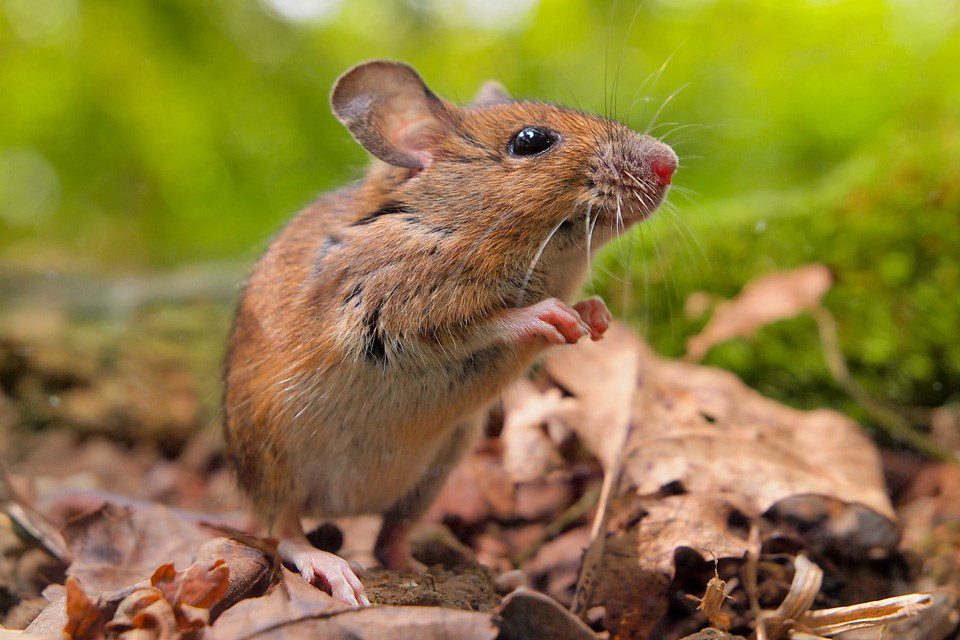
How does vinegar get rid of mice?
Vinegar is an acetic acid, which means it’s sour and acidic. Mice don’t like the taste of vinegar, so they’ll stay away from it. The mice will smell the vinegar and stay away.
You can also use vinegar to clean up any areas where mice have been active. Mice urinate and defecate often, so their droppings can spread disease. Vinegar will disinfect the area and get rid of any bad smells. To clean up mouse droppings, simply soak them in vinegar for a few minutes before wiping them away. Make white vinegar and water solution and spray them around the area where they have landed. Soak cotton balls in White Vinegar and place them in strategically placed locations like behind the refrigerator or in a drawer.
Vinegar is an inexpensive and effective way to get rid of mice. It’s safe to use around your home and family, and it won’t damage your property. If you have a mouse problem, give vinegar a try.
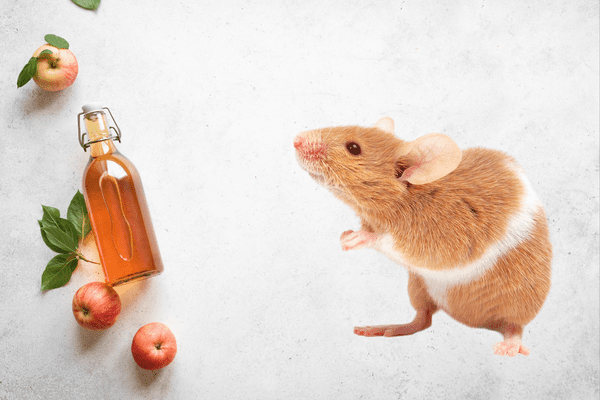
What smells do mice hate?
There are a number of different smells that mice hate. Some of the most effective include peppermint, cinnamon, and cayenne pepper. You can use any of these spices to make a natural mouse repellent. Simply mix equal parts of each spice with water and spray it around the perimeter of your home. The strong smell will keep mice away.
You can also use essential oils to repel mice. Some of the best essential oils for this purpose include lemon, lavender, and eucalyptus. Simply add a few drops of each oil to a spray bottle filled with water and spray it around your home. The strong smell will discourage mice from entering.
If you have pets, you may also be able to use their fur or bedding to deter mice. Mice hate the smell of cats and dogs, so placing some fur or bedding near entry points will help keep them away. Just be sure to change it out regularly so that the smell doesn’t become too overwhelming for you or your pets!
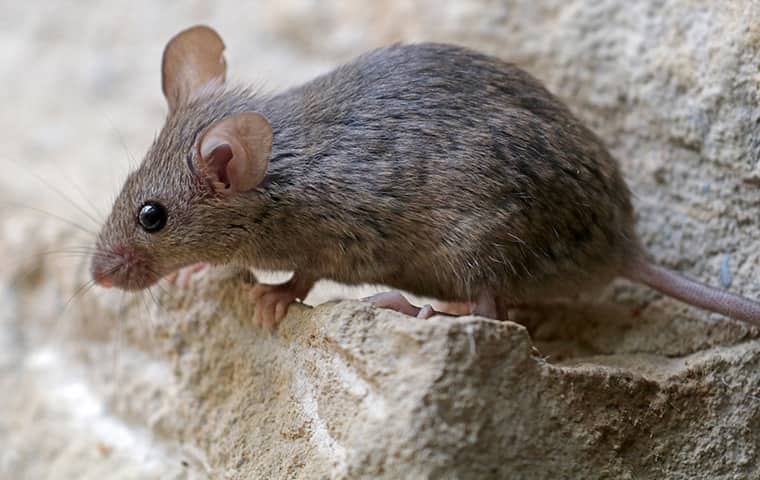
Where do mice hide during the day?
Mice like to hide in small, dark spaces. This means that they’re often found in basements, crawl spaces, attics, and behind appliances. If you suspect that you have mice, these are some of the first places you should check.
Another telltale sign of a mouse infestation is droppings. Mice leave behind droppings wherever they go, so if you start seeing mice droppings around your home, it’s a good indicator that you have mice.
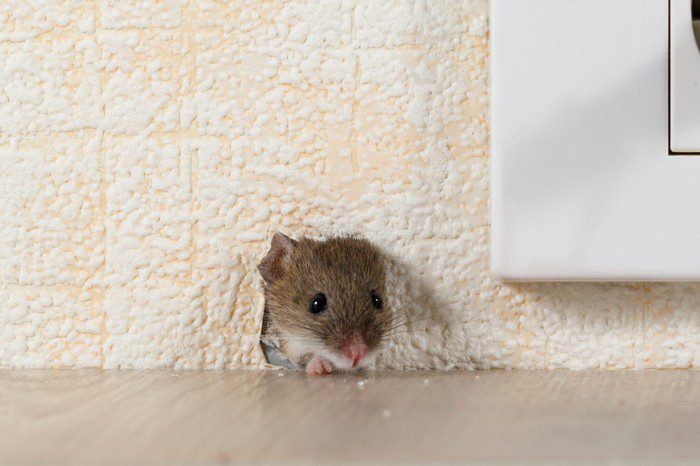
How many mice do you have when you see one?
If you’ve seen one mouse in your home, chances are there are many more where that came from. That’s because mice reproduce quickly and can have up to 10 litters per year, with each litter consisting of anywhere from 4 to 7 mice. A good rule of thumb is that for every mouse dropping you see, there are at least 10 more that you don’t see.
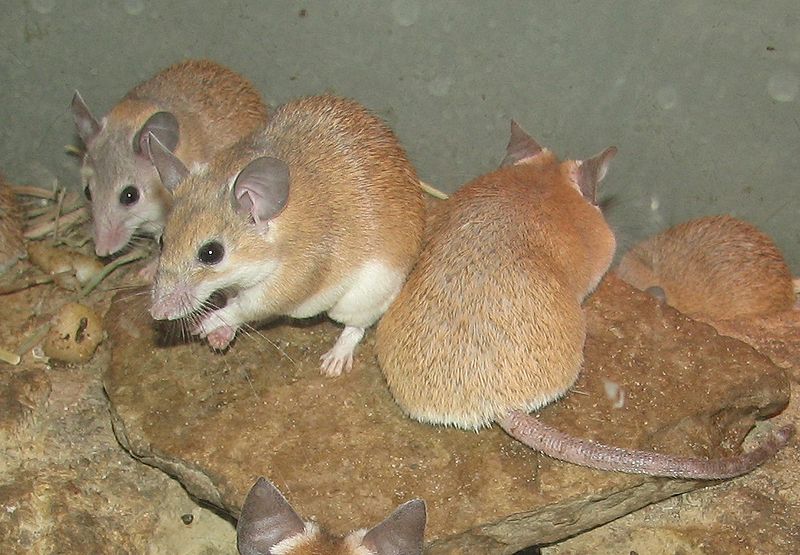
Does Irish Spring soap keep mice away?
The idea behind using Irish Spring soap to keep mice away is that the strong scent of the soap is unpleasant for mice, so they will stay away from areas where the soap is present. Some people say that they’ve even seen mice running away from their homes after placing bars of soap near possible points of entry.
Unfortunately, there is no scientific evidence to support the claim that Irish Spring soap keeps mice away. However, some people say that it works for them, so it may be worth a try if you’re desperate for a solution. Just be warned that you may end up with a house full of smelly soap and no fewer mice than you started with!
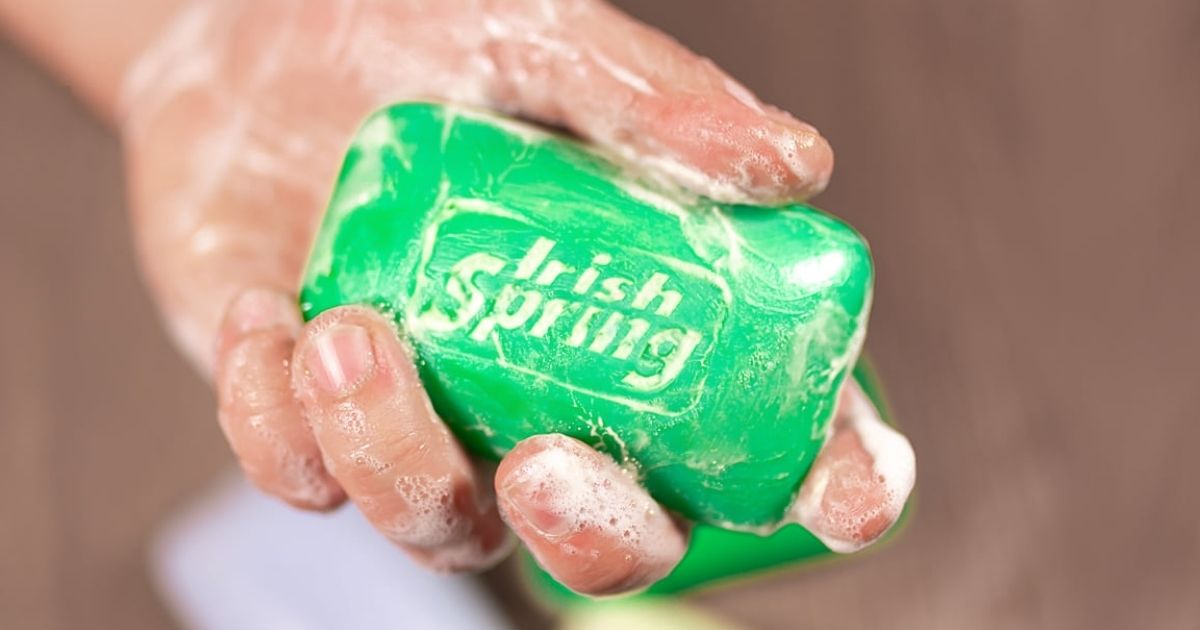
Can You use Bleach To Kill Mice?
The short answer is that yes, bleach can kill mice. Bleach is a strong disinfectant and will kill any germs or bacteria that it comes into contact with, including the bacteria that live inside a mouse’s body. However, the effects of bleach on mice go beyond simply killing them.
When diluted properly, bleach can be used as a cleaning solution around your home without causing any harm to you or your family. However, when concentrated, bleach can be corrosive and cause burns. The same is true for mice; concentrated bleach can burn their skin and eyes, and if ingested, can damage their internal organs.
Bleach also gives off harmful fumes that can irritate your lungs and cause difficulty breathing. Inhaling concentrated bleach fumes can also be fatal. For these reasons, it’s important to use caution when using bleach around mice, and to make sure that the area is well-ventilated to avoid inhaling the fumes.

Why are mice in my house?
No one likes finding mice in their house. But unfortunately, it’s a fairly common problem. If you’re dealing with a rodent infestation, you might be wondering how the animals got into your home in the first place. Here are a few of the most common reasons why mice might be taking up residence in your house—and what you can do to get rid of them.
1. Holes and Cracks in the Foundation: One of the most common ways that mice—and other animals—get into houses is through holes and cracks in the foundation or exterior walls. These openings can be as small as a quarter of an inch, which is about the size of a pencil eraser. To keep mice out, you’ll need to seal any cracks or holes that you find in your foundation or walls. You can use caulk, hydraulic cement, or expanding foam sealant to do the job.
2. Poorly Sealed Doors and Windows: Another way that rodents can get into your house is through poorly sealed doors and windows. If there are gaps around your doors or windows, mice (and other animals) will be able to squeeze through. To keep them out, make sure that all of your doors and windows fit snugly in their frames and that there are no gaps bigger than a quarter of an inch anywhere around them.
3. Openings Around Pipe: Mice (and other rodents) can also enter homes through openings around pipes that lead into the house. These openings are usually created when the pipes are installed, but they can also occur over time as pipes settle or shift. To keep rodents out, make sure that all openings around pipes are sealed with caulk, hydraulic cement, or expanding foam sealant. You should also check regularly to make sure that these sealants haven’t come loose or deteriorated over time.
4. vents: Vents are another common way that mice (and other animals) get into houses. The vents provide an easy way for rodents to travel from the outside world into your home’s attics and crawl spaces—and from there, they can easily access the rest of your house by traveling through ductwork or gap between floors and ceilings. To keep them out, make sure that all vents have tight-fitting screens over them. You should also check regularly to make sure that these screens haven’t come loose or torn over time.
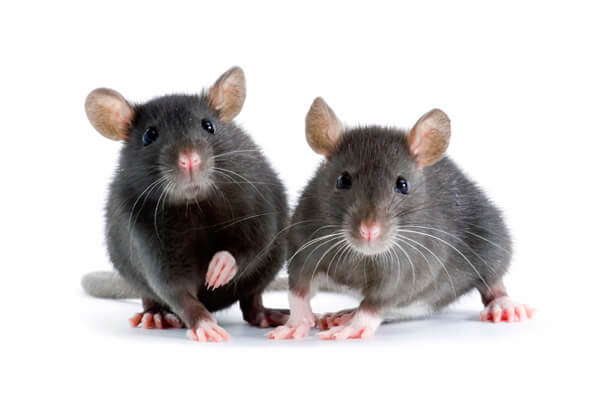
Does having mice mean your house is dirty?
Mice are little creatures, and they can squeeze into some pretty tight spaces. This means that they can get into your home even if it’s kept reasonably clean. having a mice infestation in your home doesn’t necessarily mean that your house is dirty, but it does mean that you have to take care of the problem quickly. If you don’t, the mice will continue to reproduce and make themselves at home in your home.
How Much Does It Cost to Have Your Home Sprayed for Mice?
The cost of having your home professionally sprayed for mice will vary depending on a number of factors, including the size of your home, the severity of the infestation, and the type of product used. Generally speaking, you can expect to pay anywhere from $200 to $500 for a single treatment. If you have a larger home or a more severe infestation, you may need to pay closer to $1,000.
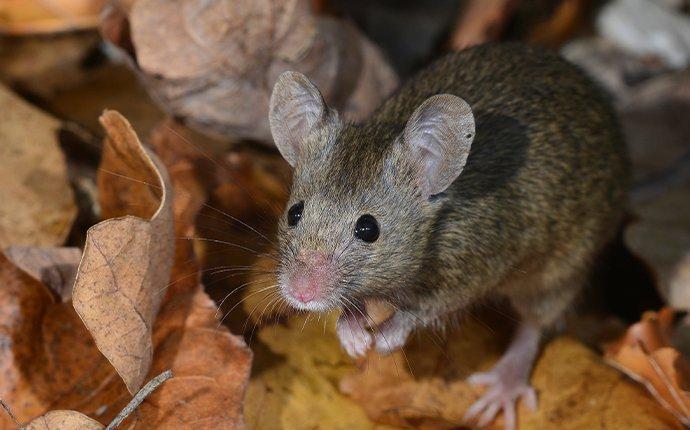
Conclusion
If you’re dealing with a mouse infestation, there are a few things you can do to get rid of them. One is to seal any holes or cracks in your foundation or walls. Another is to make sure that all of your doors and windows fit snugly in their frames and that there are no gaps bigger than a quarter of an inch anywhere around them. You can also try to keep rodents out by making sure that all openings around pipes are sealed and that all vents have tight-fitting screens over them.
If you have a serious infestation, you may need to have your home professionally sprayed for mice. The cost of this will vary depending on the size of your home and the severity of the infestation, but you can expect to pay anywhere from $200 to $1,000.
Frequently Asked Questions
Do peppermint tea bags get rid of mice?
Mice are repelled by the smell of peppermint because it interferes with their ability to smell food. When they can’t smell food, they don’t know where to find it, and they’ll eventually starve to death. That’s why some people think that placing peppermint tea bags around their home will help get rid of mice.
Many people say that it works like a charm. If you’re considering using peppermint tea bags to deter mice, it’s worth giving it a try. After all, it’s a relatively cheap and easy solution, and it won’t hurt anything if it doesn’t work
What kind of tea bags keep mice away?
The answer is any kind of strong-smelling tea bags will do the trick. Peppermint, lemon, and eucalyptus are all good options. The idea is that the strong smell will discourage mice from entering your home in the first place.
How do you use tea bags to keep mice away?
Simply place the tea bags in areas where you think mice might be getting in or where they like to hang out. You can also put them in any storage areas where you keep food that might be attractive to rodents. Just be sure to replace the tea bags every few weeks, as the scent will eventually fade.
How do you use peppermint to get rid of mice?
Peppermint is a natural mouse repellent because mice cannot stand the smell. You can use peppermint oil or crushed peppermint leaves to deter mice from entering your home or specific areas within your home. To use peppermint as a mouse repellent, simply place peppermint oil or crushed peppermint leaves in areas where you have seen mice or where you think they may enter




